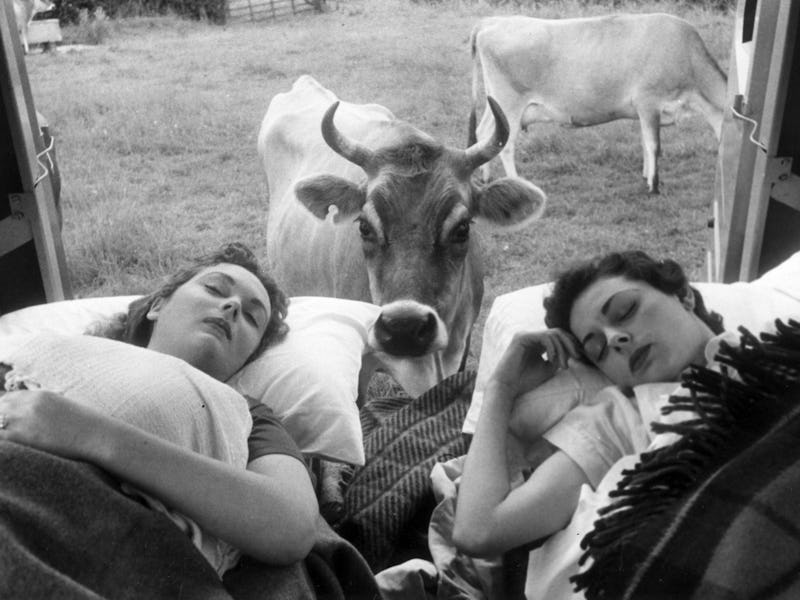Sleep science: The biggest mistake “successful” people make
Plus three slumber strategies to get you where you need to be.

As the legend goes, Leonardo da Vinci took 20-minute naps every four hours. Nikola Tesla allegedly lived off just two hours of sleep a day. The phrase you can sleep when you’re dead comes from a 1976 rock song but today is more commonly applied to the meaning behind da Vinci’s and Tesla’s habits than anything else. You can sleep later because you’re busy now. And being busy now means you will be successful later.
This mindset was on display during Wednesday’s New York City mayoral debate. In a lightning round, none of the eight candidates would admit to getting any more than six hours of sleep a night. Eric Adams, who’s leading the polls, admitted to sleeping the least: just four to five hours a night.
The idea that successful people don’t sleep is an odd one when you consider the science. It also bleeds into other unfortunate ways of thinking. Some research, for example, shows that men who sleep more are seen as less masculine. And being more masculine is seen as being more successful.
In reality, most adults need seven hours of sleep and most middle-aged adults (like the sort running for mayor) need between seven to nine hours every night. Getting the right amount of sleep is, in turn, related to better memory, improved mindfulness, and long-term health.
Professor Alice Gregory is the director of the Goldsmiths Sleep Lab and the author of Nodding Off. She tells me that when a panel of experts reviewed the scientific literature focusing on sleep length and outcomes for cognitive functioning, as well as physical and mental health, they “concluded that middle-aged adults should not typically get less than six hours per night or more than 10.”
“It is therefore somewhat surprising if none of the New York City mayoral leading candidates require more than six hours a night to function at their best,” Gregory says.
None of the leading New York City mayoral candidates claim to sleep more than 6 hours a night.
Even if they are truly getting less, they need more. Exactly how much more involves an assessment of sleep deprivation.
“In order to assess this, it is worth thinking about how many hours of sleep are obtained per day and how this fits with the typical recommendations,” Gregory explains.
“Because we all differ in our sleep requirements, it is also important to think about tiredness and daytime functioning. If it’s difficult to wake up in the morning, and caffeine is required to stay awake and performance is below par, then it is quite possible that more sleep is required.”
(You also need to be real with yourself and remember it’s not a competition; it doesn’t mean you’re weaker if you need more hours of sleep than someone else.)
How to get better at sleep
There are a number of steps you can take to improve your sleep, but remedying your sleep cycle can be tricky. If you feel like you’re not getting enough sleep, Gregory says it’s important to remember these three facts:
- “Nobody should attempt to get more sleep than they require.” Sleep deprivation can be harmful, but too much sleep is also associated with certain problems.
- Make your sleep changes gradually. Attempts to “increase sleep length dramatically over a short period of time could result in time spent lying in bed awake, which should be avoided,” Gregory says.
- Prioritize sleep. “Some people feel they simply do not have enough time to get more sleep,” Gregory says. “However, by getting a sufficient amount of sleep, daytime functioning will likely improve, meaning that less time is likely required to achieve the same goals.”
This article was originally published on